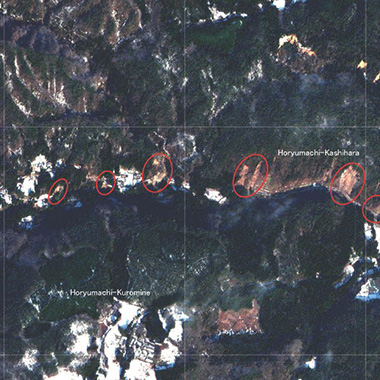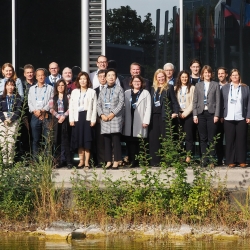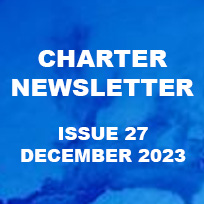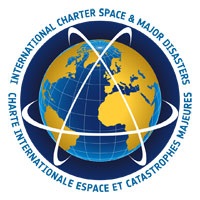Future of the Charter
News
19 enero 2022
Future of the Charter
2020 marked the 20th anniversary of the Disasters Charter. The Charter member agencies continue to contribute to humanity in the face of disasters, supporting the disaster management community around the world; however, we have experienced the emergence of unprecedented, ongoing challenges since then.
One challenge is to expand access to Charter satellite data by the disaster management community. In 2012, the Charter launched the "Universal Access" program, which enables recognized governmental disaster management entities to request data from the Charter in emergency situations. The number of users under this program is now more than 40 and continues to increase. The Charter will continue to support existing users, and welcomes new ones.
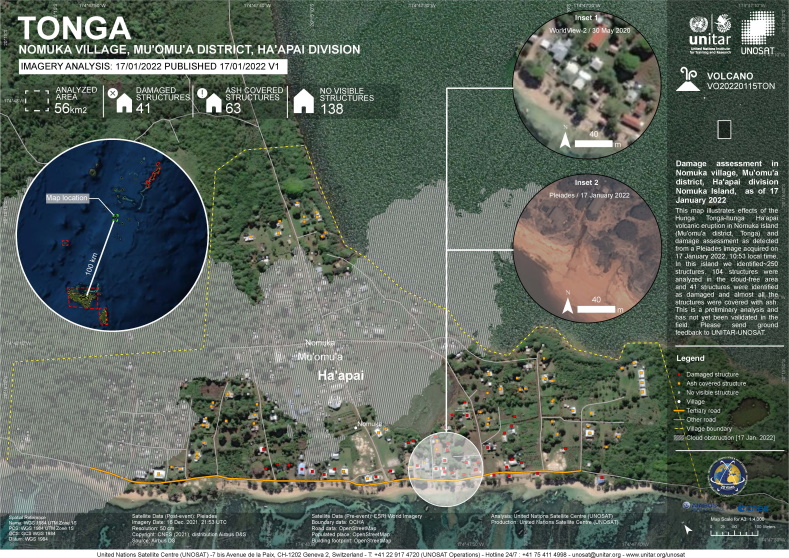
The number of Charter members was three when the Charter began operations in 2000, and today there are 17 members. In addition to the member agencies, some private entities such as ICEYE, Maxar Technologies, MDA, Planet, Satellite Imaging Corp., and Satellogic provide their satellite data to the Charter. We provide a growing amount of data to an increasing number of users. Finding better ways to offer data to our Authorized Users, Project Managers (PMs), and Value Adders (VAs), and how to easily use it, is another challenge for the Charter. The European Space Agency (ESA) developed a web-based operation system, the Charter Operational System 2, (or COS-2 in short) to help AUs, PMs, and VAs with their requests and respective tasks for the Charter. ESA and Indian Space Research Organisation (ISRO) are also developing processing tools to support PMs and VAs to easily visualize data acquired from satellites. These efforts will continue to support the involved entities.
There has been an evolution of cooperation. The Charter continues to expand its network of collaboration with other entities, including the United Nations Platform for Space-based Information for Disaster Management and Emergency Response (UN-SPIDER) of the United Nations Office for Outer Space Affairs, the United Nations Satellite Centre (UNOSAT) of the United Nations Institute for Training and Research (UNITAR), Sentinel Asia, and the European Commission's Copernicus Emergency Management Service. This cooperation enhances the Charter's activities to support disaster management by sharing the capabilities, skills, and experiences of these organizations.
The Charter has evolved over the past 20 years and will continue to do so over the next 20 years, adapting to and overcoming challenges faced by a growing service. One thing remains unchanged, however, the Charter's commitment to support all of humanity with disaster relief.

 English
English Spanish
Spanish French
French Chinese
Chinese Russian
Russian Portuguese
Portuguese
